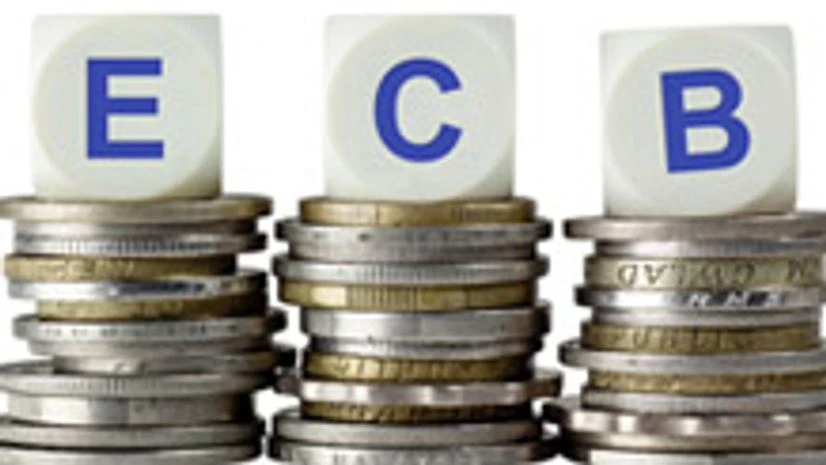European and American markets were euphoric after European Central Bank (ECB) President Mario Draghi announced a better than expected quantitative easing (QE) program. Market expectation was that Draghi would announce a euro 50 bn per month QE program which would run for a year totalling between euro 600-700 billion.
But Draghi surprised the market by not only announcing a QE package of euro 60 bn but also increased the tenure to September 2016 taking the total above one trillion euros. Moreover, Draghi has kept the option open ended till a ‘sustained adjustment to the path of inflation’ has been achieved. Analysts expect this QE to last much longer than September 2016.
Markets across asset class reacted to the news. While equity markets have moved higher, euro currency has touched a new 11 year low against the dollar. Oil prices were hit by a double whammy; first was the 80 year high oil inventory level in the USA and second was the QE which made the dollar stronger and since it has a strong negative correlation with oil, it made it weaker.
But Euro zone has been a late comer to the QE party. ECB joined the party after the USA and UK had wrapped up their program and Japan had announced its third such easing. The jury is still out on the benefits of QE on the economy. Former Fed chief Alan Greenspan commenting on the effect of QE on the economy said effective demand is dead and the effort to boost it via bond buying has not worked. A study carried out by Bank of England also found no evidence of banks using the increased liquidity to prime the economy.
However, as far as the markets are concerned, historical records show that the three rounds of QEs announced by the Federal Reserve and the Bank of England has boosted stocks. The reason is simple, higher QE (read liquidity) reduces bond yields. This acts as a disincentive for an individual to park his money in secured assets which barely give any yields. The money is routed to riskier assets like stocks or gold.
Also Read
Immediately after Draghi’s announcement, bond yields of all Euro zone countries hit a record low. Countries like Switzerland and Denmark had already expected a round of QE to be announced by Draghi and had reduced their interest rates just days before the announcement. In fact, Denmark reduced their interest rate immediately after Draghi’s speech, the second time it did so in the last three days.
Chances are that the ECB’s decision of infusing liquidity might hamper USA’s decision of increasing interest rates. Dollar has strengthened on account of Draghi’s decision which would affect US exports. Fed raising interest rates at this juncture would be counter-productive for the US economy. Equity markets would take this positively as one of the biggest concerns for the markets this year is Fed’s likelihood of increasing rates.
Draghi’s action is good news for equity markets, including those in India. Countries like India, have gained from higher inflow of foreign capital to take advantage of higher interest rates or growth opportunities in the equity markets. Equity markets have historically benefitted under a low interest rate regime.
Inflow in emerging markets ETF has been higher during the QE periods. CLSA and other leading international broking outfits have ranked India as the top destination for investment in equity markets. Higher liquidity raises the chance of more money entering the country.
But before we start celebrating there are two things to look out for. First, the details of Draghi’s announcement is still sketchy and analysts are trying hard to get details on loss sharing between various governments and the central bank, and if the existing easing programs of buying private sector bonds are included in this round of QE. Also Greece elections are scheduled on Sunday and has the capability of spoiling the party.

)
